Last fall, junior Sophie C. opened TurnItIn.com, a platform for teachers to give writing feedback. It was her first history paper of the year. When she saw her grade, she was taken aback—she had not done as well as she hoped.
She asked to do a rewrite in order to respond to her teacher’s feedback and ultimately improve her grade. “I met with her about my feedback, but she basically advised me to focus my time and energy on the next assignment, which I did equally poorly on,” Sophie said. “I think in theory I would leave it in the past and move on, but in practice, I continue to stress over how that paper would impact my grade, and I felt super unconfident going into the next assignment.”

It’s not uncommon for teachers to offer revisions or retakes. From a teaching perspective, rewrites, revisions, and retakes can be powerful opportunities for student learning. From a student perspective, they’re largely opportunities to improve a grade. The practice of offering revisions or retakes can vary between disciplines and even within departments. In the past few years, teachers have introduced, adjusted, and discussed revision policies across and within departments, but there is no official school-wide policy.
“I think I would prefer if all teachers agreed on something because I think it’s just more fair that way. Because some students get to continue to rewrite and improve their writing, while others only have one chance,” said Avin M. ’27.
Isla R. ’25 said, “I’d like an across-the-board consistency with all the humanities teachers. They all want different things from everyone, and frankly, I think it’s a little ridiculous.”

Grading expectations aside, students do recognize the value of revision or retakes. “[Revising] does help me learn some stuff and to thoroughly go through all the notes. But I’d say the drive is definitely the grade,” said Rebecca F. ’27.
“In the culture that we exist in at this school…it’s unrealistic if teachers ask us to redo a bunch of our old work as they assign new work and not expect a better grade. That’s just the unfortunate culture that we live in,” said Alice C. ’25.
Even if a student wanted to revise or retake an assessment, doing so without the grade boost just isn’t a practical or efficient use of time. Nonetheless, several students still find ways to extract learning from the revision process. “I think there is a good focus on getting the grade and not really trying to understand the material, but I think in doing the rewrite and students wanting to get a better grade, they do have to go back and address other issues in their writing. And in order to achieve a good grade, they have to exercise better reading practices,” said Ellie L.S. ’25.
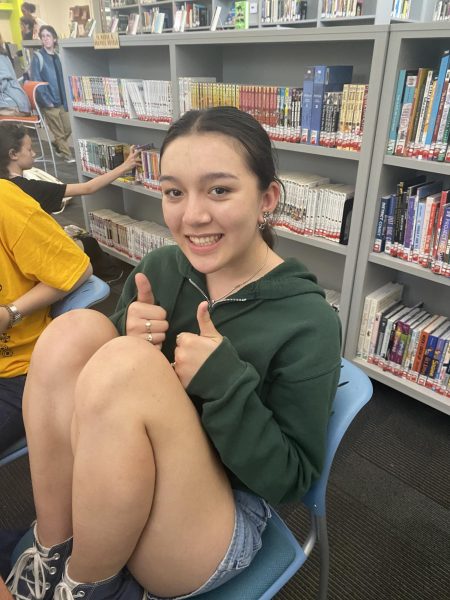
According to Westridge’s website, the school approaches learning with the aim to promote “deep learning and habits of the mind,” where “students can deeply and authentically engage with the curriculum.”
History Department Chair Melissa Kelley reflected on rewrites and explained she only offers them on rare occasions when she feels students have “missed the mark in a significant way.” In those situations, she offers rewrites as a way of helping the student understand the content they are learning, but in the vast majority of situations, “they might not get an A grade, but they do well enough that they’ve made some effort. They’ve made some progress towards understanding and can move forward to the next step,” she said.
The History Department does not have an explicit policy on rewriting. Like other departments, individual teachers can decide to offer the opportunity or not. However, Ms. Kelley noted due to multiple teachers teaching the same class in 9th, 10th, and 11th grade, it would be “inequitable” for one class to offer regular rewrites and another to not.
Currently, none of the six Upper School History teachers offer consistent rewrite opportunities.
Despite this, Ms. Kelley does not deny the efficiency of rewrites. “I think there’s a lot of educational benefit to rewrites, particularly when the goal is to really master types of writing,” she said.
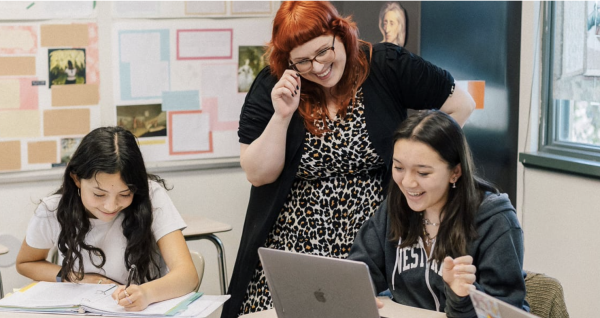
Ms. Tarra Stevenson, English Teacher and Chair of the English Department, said, “the learning process doesn’t just end, especially for writing. The more recursive action, the more that you are engaging with writing, the better your writing is going to become.”
Contrary to the term “rewrite” that Westridge students typically use when referring to the practice, Ms. Stevenson chooses to emphasize the idea of a “revision,” where the ultimate goal is to “produce something that is different, to produce something that is more than the original.”
Ms. Stevenson described the multistep process as a “reimagining” in which students must review their original work, look at teacher comments, write a self-assessment, visit Westridge’s Writing Center for peer review, and lastly, write the final piece.
Upper School Spanish Teacher Dr. Jessica Pérez del Toro believes “writing is an interactive process.” In previous years. Dr. Pérez del Toro did not give grades on first drafts. Only after students had completed a rewrite, taking into consideration her comments and feedback, would a grade be assigned. This order of writing, then rewriting, then receiving a grade was a way of prioritizing student learning before grades were ever in conversation.
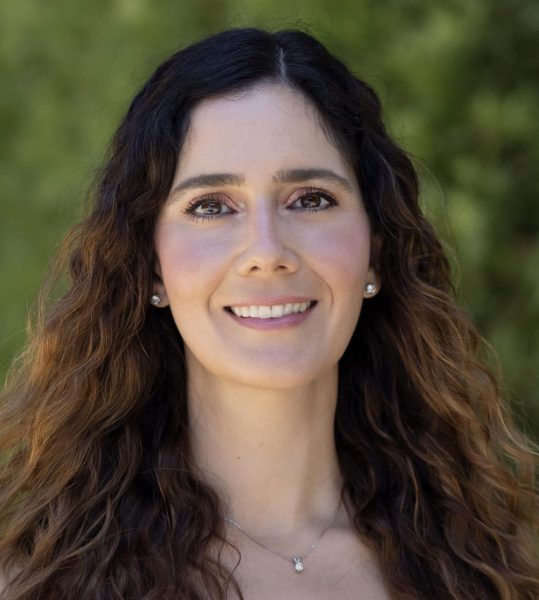
(Michelle Feynman)
Dr. Pérez del Toro no longer requires students to complete rewrites (the process became too time consuming to be sustainable) and gives grades on the first submission, but she is still a firm believer in the learning benefits of rewrites. “I think across the board, when students are paying attention to the comments and taking them seriously, then you see an improvement,” she said.
Recently, the English department has begun rethinking their approach to revisions and has read Joe Feldman’s Grading for Equity.
Grading for Equity resonated with Upper School Science Teacher Dr. Ryan Skophammer. “I do believe if a student wants to learn something and wants to make their work better, they should be able to,” said Dr. Skophammer.
Dr. Skophammer teaches AP Biology, a class notorious in the Upper School for its difficult quizzes and lab reports. Quizzes are worth 20% of a student’s grade and can be retaken once. Students have the opportunity to earn full credit. The quizzes are a method of preparation for the AP exam. The goal is to efficiently recall and analyze concepts under pressure, but for students who may need longer to demonstrate proficiency, “I believe that students should get a second chance,” Dr. Skophammer said. However, at the moment, he is not as completely satisfied with this process as he is with the lab report revisions process.
Lab reports are 80% of a student’s grade and were initially a single and final submission. Skophammer’s mindset changed after one student approached him. “It was really interesting because there’s a student who wants to do better, who wants to learn more, and I don’t really have that as an opportunity,” he said. Now, he offers unlimited revisions on reports.
“I want my students to come out of this being excellent science writers, and the way that you write science is by lots of revision and lots of feedback from your collaborators, from your mentors, and this [process], to me, mimics that,” said Dr. Skophammer.
As a result, his feedback on labs has become more detailed and more critical, which encourages more students to take advantage of his revision opportunity. “The revisions aren’t there just for the purposes of allowing students the opportunity to get high grades. That’s not really my goal. The grade for a student is a strong incentive to do the revisions…So they know that they have a chance at a better grade if they pay attention to the revisions, and do them in a timely way, and listen to my feedback,” said Dr. Skophammer.
Upper School Math Teacher and Department Chair Leah Dahl has experimented with many different forms of retake policies but now allows students who score under an 80% on a quiz to retake and score up to an 80%. She does not have deadlines on when the retake must be concluded but strongly encourages students to complete them in an appropriate amount of time.
Ms. Dahl described her approach to retakes. “I’ve always had some way to encourage the idea that the learning doesn’t stop with a test,” she said. Though she previously only offered test corrections, a chance for students to correct and explain their mistakes, she shifted her policy to include retake opportunities, where students take similar versions of the previous test, to better support her students’ learning.
Ms. Dahl has also experimented with the percentage students can earn on a retake, offering up to an 85% at one point. Ms. Dahl now caps her retakes at 80%. She does so to combat the “Westridge F mentality where anything, like an A minus, is totally insufficient. I just didn’t want to contribute to that.”
At the end of the day, Ms. Dahl tries to help students focus on learning, not grades. Her decision to limit students’ percentage points on a retake is because she is conscious about “the messages that we’re sending about what’s good enough.”
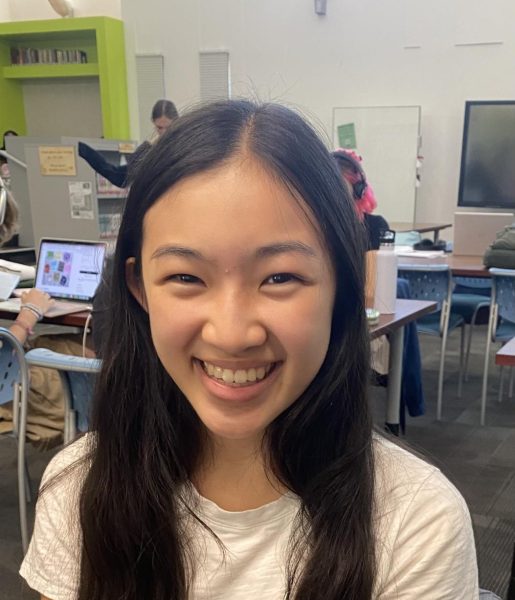
Policies vary from teacher to teacher, but adapting to students’ needs is a part of the job. Though currently the History Department is not taking steps to incorporate rewrites into their departmental policies, Ms. Kelley said, “We’ve talked about it more this year than I remember talking about it in the past, in part as a response and to be responsive to students’ interests and concerns.”
In the meantime, while Westridge boasts a holistic “learning approach,” the lack of consistent and fair practice continues to frustrate some students.
“It’s not fair. If it was just the same policy across the board, it would be fair because we have different teachers, we have different classes, and therefore our assignments are different,” said Holly N. ’25.
But for others, any opportunity to revise or retake is better than none. “I think it’s better to try and not get any [grade boost] at all than to not try at all,” said Kristen D. ’25.




























![Dr. Zanita Kelly, Director of Lower and Middle School, pictured above, and the rest of Westridge Administration were instrumental to providing Westridge faculty and staff the support they needed after the Eaton fire. "[Teachers] are part of the community," said Dr. Kelly. "Just like our families and students."](https://westridgespyglass.org/wp-content/uploads/2025/03/dr.-kellyyy-1-e1748143600809.png)






















![Many students at Westridge recognize the benefits of rewriting, but do it ultimately for a better grade. "[When I revise] I get to make those changes and like, obviously, get a better grade, but also because I'm learning more things," said Avin M. '27.](https://westridgespyglass.org/wp-content/uploads/2024/05/ElizaK-Rewrite-Policies-1200x750.jpg)
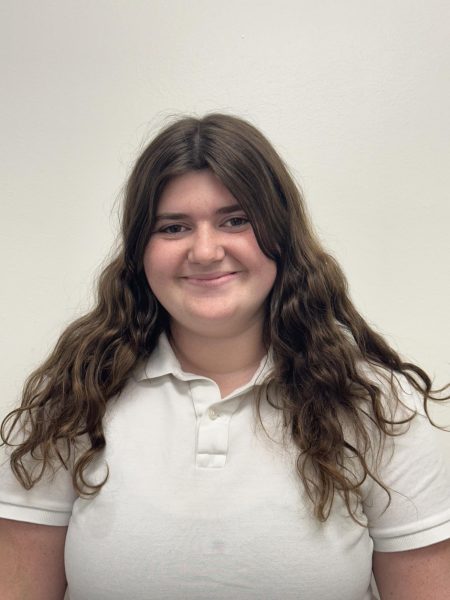
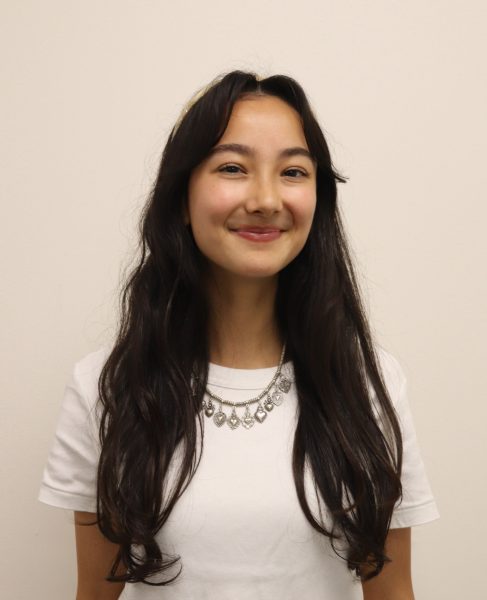
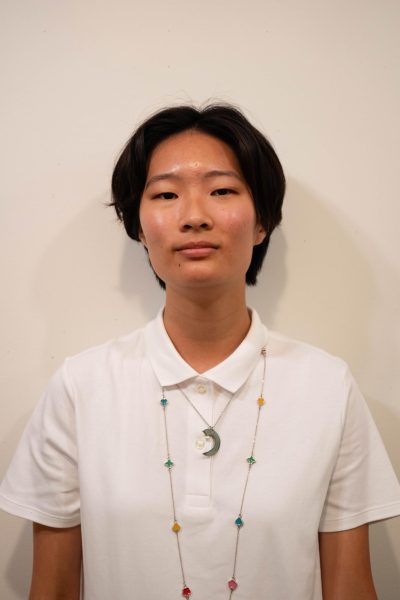
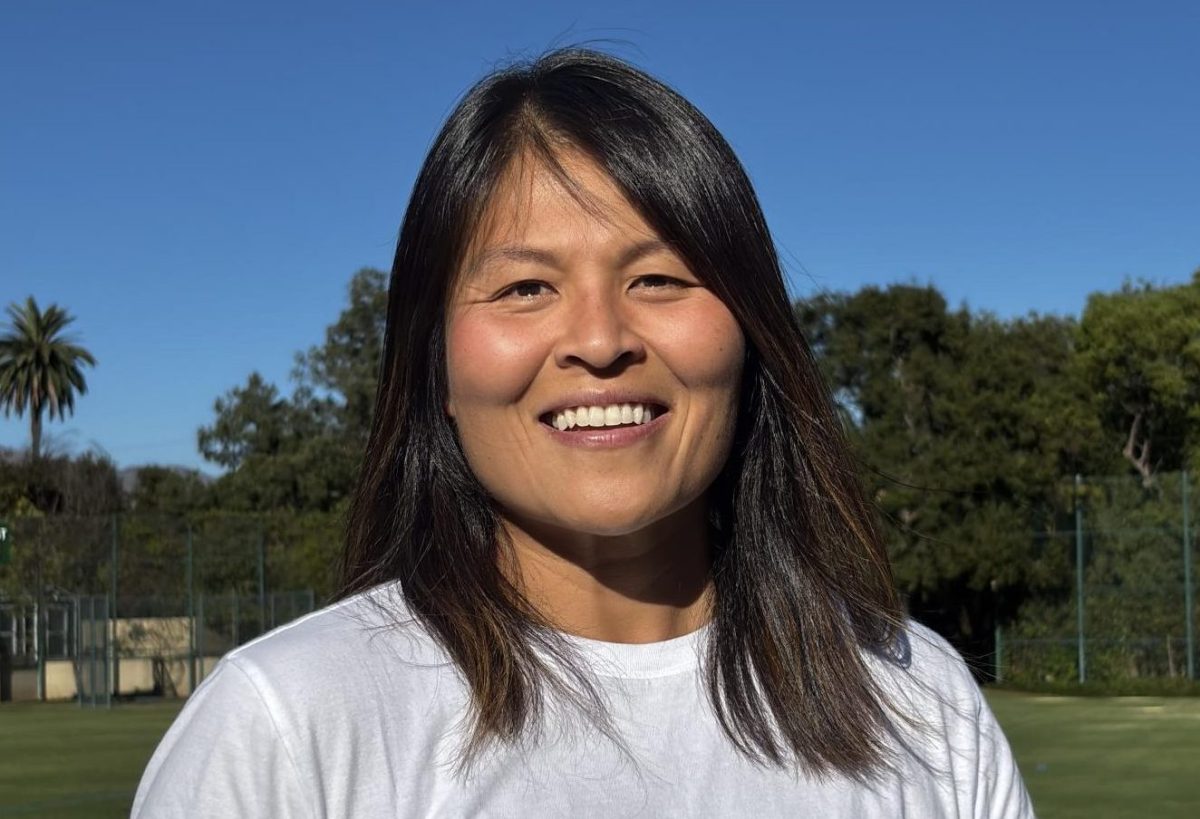
anonymous • May 28, 2024 at 9:18 am
such an engaging read! very well researched 🙂
Isla Radisch • May 24, 2024 at 8:06 am
great article mirella and ella!!! so proud of you both–Isla Radisich
anonymous • May 20, 2024 at 8:55 am
Endlessly enlightening… Ella is truly a visionary of a journalist!
Anonymous • May 20, 2024 at 8:49 am
Endlessly enlightening… Mirella is truly a visionary of a journalist